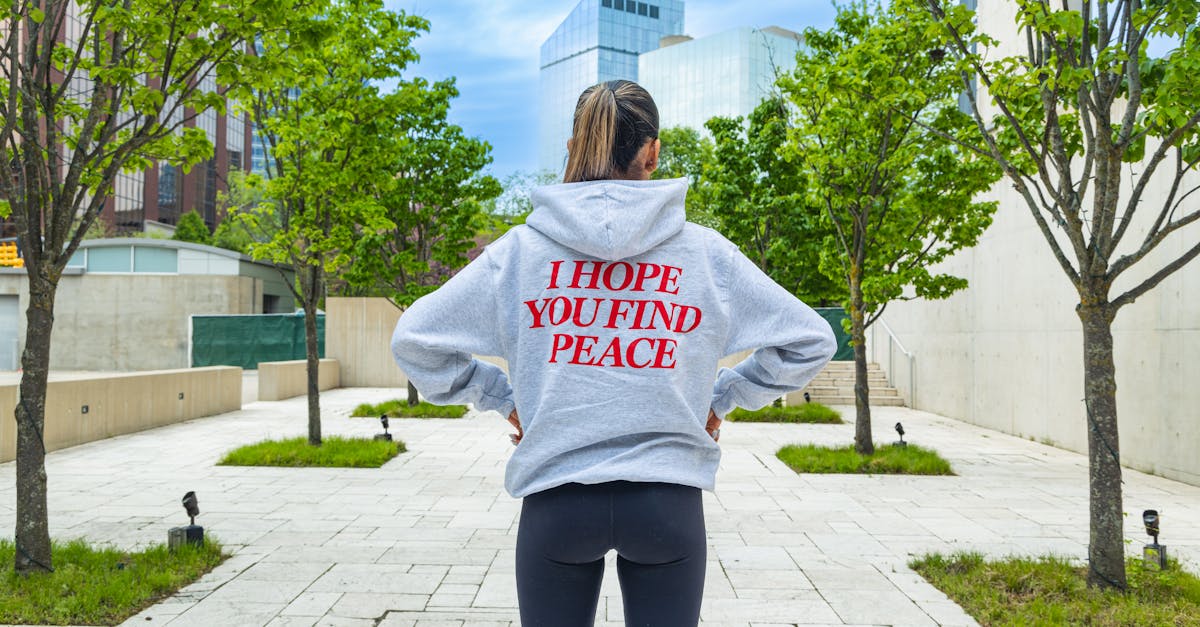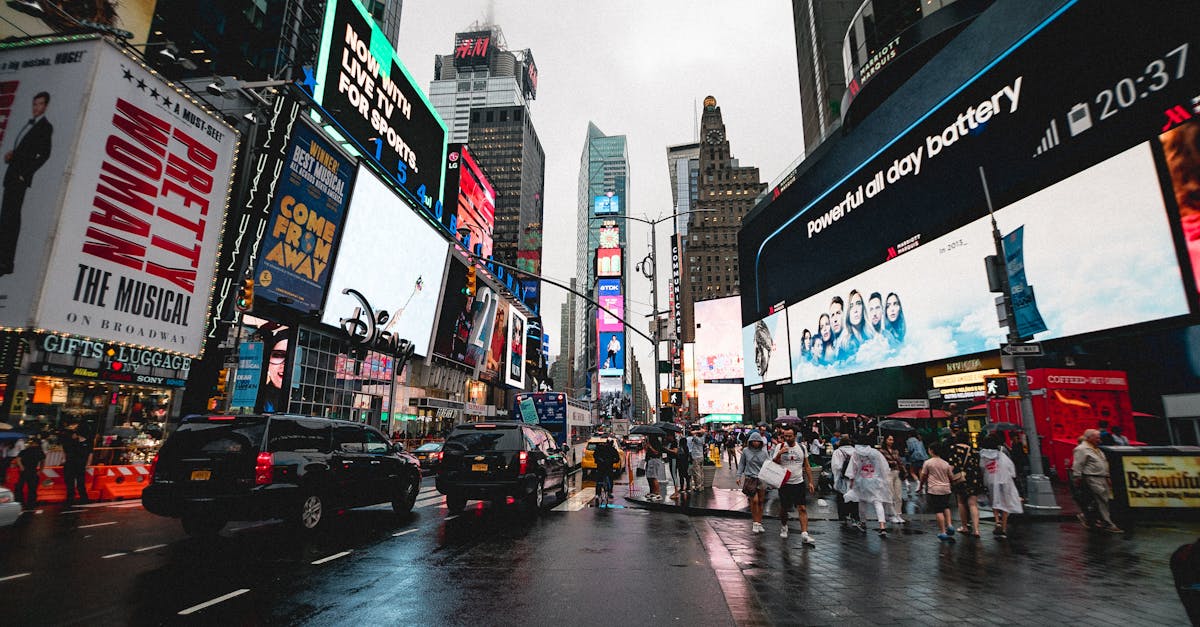The Impact of the Mindful Fashion Awareness Trail
Introduction
The Mindful Fashion Awareness Trail is a growing movement dedicated to promoting sustainable and ethical fashion choices. As awareness of the environmental and social impacts of the fashion industry heightens, more people are seeking alternatives that align with their values. This initiative encourages consumers to reflect on their purchases, prioritizing the ecological footprint and ethical production of garments. Advancements in technology and changes in consumer behavior have facilitated this shift towards more conscientious fashion choices. From carbon emissions to textile waste, the fashion industry is undergoing a noticeable transformation. This article explores the elements and effects of the Mindful Fashion Awareness Trail.
Advertisement
The Birth of Mindful Fashion
For decades, the fashion industry has been synonymous with fast-paced trends and mass consumption. However, the Mindful Fashion Awareness Trail marks a significant departure from this norm. The initiative emerged in response to growing concerns over the environmental and ethical implications of fashion production. By fostering a culture of mindfulness around clothing choices, advocates aim to reduce waste and encourage manufacturers to employ sustainable practices. This philosophical shift is not just about buying less; it's about making informed decisions that contribute to a fairer industry and a healthier planet.
Advertisement
Environmental Impact Consideration
One primary focus of the Mindful Fashion Awareness Trail is the reduction of the fashion industry's environmental footprint. From textile production to transportation, every stage of garment creation can impact ecosystems. Mindful fashion encourages the use of eco-friendly materials, such as organic cotton, hemp, and bamboo, and the adoption of recycling systems. By highlighting issues like water pollution and chemical usage in production, the trail informs consumers on how to lessen the negative impact on the environment. This heightened awareness leads to more responsible consumption patterns, further aiding environmental preservation.
Advertisement
Ethical Labor Practices
Beyond environmental concerns, the Mindful Fashion Awareness Trail highlights labor ethics. The fashion industry is infamous for exploitative labor practices, from underpaid workers to unsafe working conditions. Addressing these issues involves advocating for fair wages, safe workplaces, and empowering local communities. By supporting brands that prioritize ethical labor practices, consumers contribute to the welfare of countless workers worldwide. This transformation is fueled by transparency, where brands share their supply chain practices to reassure customers of their commitment to ethical fashion.
Advertisement
Innovations and Technology
The movement embraces technological innovations to revolutionize sustainable fashion. Advancements in textile technologies have allowed for the development of biodegradable and renewable garment materials. Additionally, digital platforms enable brands to trace their products through blockchain technology, ensuring transparency from manufacturing to distribution. Technology also plays a vital role in enabling clothes to be resold or repurposed easily, reducing both textile waste and the need for new production. These technological strides have become integral in supporting the goals of the Mindful Fashion Awareness Trail.
Advertisement
Influence of Conscious Consumers
Today's consumers wield considerable influence, steering the fashion industry towards a more sustainable future. By consciously choosing where and what they purchase, consumers drive demand for ethical fashion. The Mindful Fashion Awareness Trail empowers consumers to ask crucial questions about a product's lifecycle, urging businesses to align better with these values. Influencers and activists amplify these ideals, advocating for change and inspiring collective action. Ultimately, consumer demand for sustainability fosters a radically new paradigm within the fashion industry.
Advertisement
Challenges in Adoption
Despite its positive influence, the Mindful Fashion Awareness Trail faces various challenges in widespread adoption. The transition to sustainable fashion often requires significant investment and re-engineering of supply chains, which some companies might resist. Additionally, some consumers remain reluctant to pay higher prices associated with ethically produced clothing. Overcoming these challenges necessitates education and awareness campaigns that highlight the long-term benefits of sustainability over short-term costs. This ensures an enduring commitment to the goals espoused by the Trail.
Advertisement
Success Stories and Brand Initiatives
Numerous brands have embraced the principles of the Mindful Fashion Awareness Trail, setting examples for others in the industry. Companies like Patagonia and Stella McCartney are shining beacons of sustainable fashion, consistently advocating for the environment and ethical labor practices. These brands work on innovative projects, such as clothing repair and recycling schemes or materials derived from sustainable sources. Celebrating such success stories inspires other organizations to adopt similar practices, gradually shifting the industry toward sustainability.
Advertisement
Future Prospects and Expansion
The evolving landscape of fashion suggests a bright future for the Mindful Fashion Awareness Trail. As awareness and education about sustainable fashion practices grow, the Trail is expected to expand its influence further. Emerging technologies and consumer pressure are likely to drive innovation and varied business models in the fashion realm. Collaborations between brands, governments, and environmental organizations will bolster efforts to create systemic changes. With global efforts towards sustainability increasing, the movement promises a more responsible and ethical fashion industry for generations to come.
Advertisement
Conclusion
The Mindful Fashion Awareness Trail provides a roadmap to a more sustainable and ethical fashion industry. As it gains momentum, the movement encourages both consumers and brands to reassess their priorities and adopt more eco-conscious practices. By advocating for transparency, ethical production, and reduced environmental impact, the trail opens opportunities for meaningful change. While challenges remain, collaborative efforts continue to make strides toward a more mindful and responsible fashion era. Together, individuals and industries have the potential to diminish the fashion industry's negative footprint and pave the way for a brighter, sustainable future.
Advertisement








